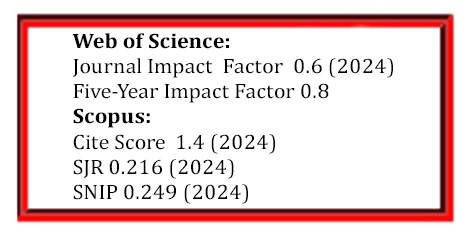Investigation of Cotton Component Destruction in Cotton/Polyester Blended Textile Waste Materials
DOI:
https://doi.org/10.5755/j01.ms.20.2.3115Keywords:
textiles, waste, recycling, fibers, destructionAbstract
The recycling technologies of textile industry waste usually are adjusted for materials manufactured of uniform fibers. Unfortunately, usually materials are manufactured of blended chemical and natural fibers to achieve better wearing properties, i. e. abrasion resistance, durability and etc. This paper presents investigation about the destruction of cotton component and easy separation from non-biodegradable polyester. The pre-treatment (soaking in aqueous solutions of reagents) was carried out at different temperatures for blended knitting yarn (50 % cotton / 50 % polyester) waste. The waste was pre-treated by aqueous solutions of reagents: MgCl2; Al2(SO4)3, MgCl2 and Al2(SO4)3 mixture, MgCl2 and citric acid mixture at 20, 50, 90 and 130 °C. After the pre-treatment all samples were dried at 102 °C and heat-treated at different temperatures: 150, 160 and 180 °C. The investigation results showed that the highest degradation rate (95.47 %) of cotton component from 50 % cotton / 50 % polyester blended knitting yarn waste was achieved by using the pre-treatment at 20 °C temperature by aqueous solution of 20 g/l MgCl2 and 4 g/l Al2(SO4)3 mixture and heat-treatment of dry samples at 180 °C temperature.Downloads
Published
2014-06-13
Issue
Section
TEXTILE MATERIALS
License
The copyrights for articles in this journal are retained by the author(s), with first publication rights granted to the journal. By virtue of their appearance in this open-access journal, articles are free to use with proper attribution in educational and other non-commercial settings.



